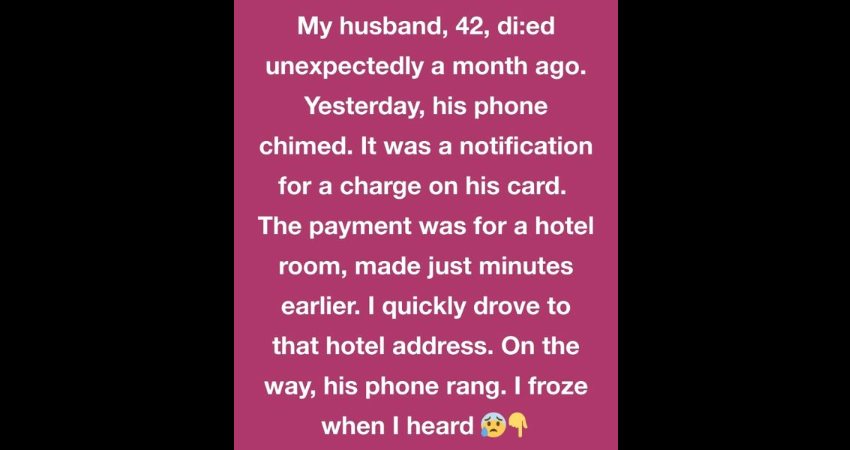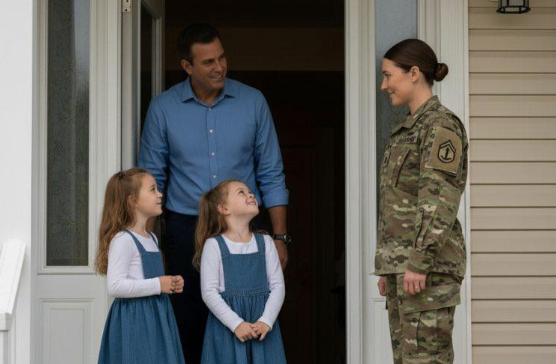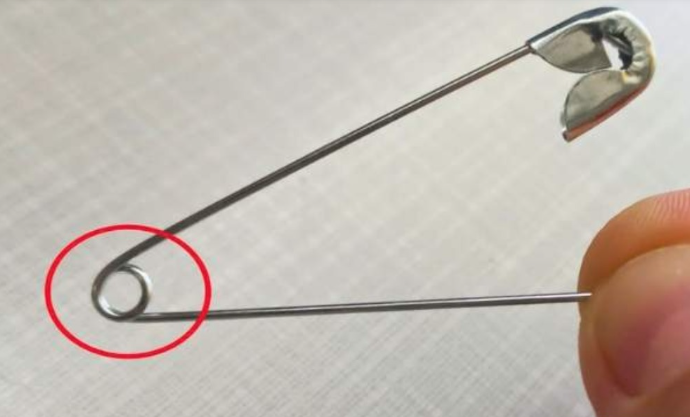My husband, aged 42, passed away unexpectedly a month ago.
Yesterday, his phone vibrated with a new alert. A notification revealed a recent charge on his credit card for a hotel room, processed only minutes before. I hurried to the hotel’s address. As I drove, his phone rang, and the ringtone—identical to the one I’d set for my own contact—made me pause.
I was the one calling.
I stared at the phone’s display, hoping for clarity. The caller ID showed “Home ❤️,” his saved name for me. Yet, I wasn’t making a call. I checked my own device to rule out accidental dialing or a sync issue. Nothing was active.
The ringtone persisted.
I let it ring until it faded. My pulse raced so fiercely I nearly stopped the car, but the hotel was only two blocks away. My mind swirled with possibilities. Had someone stolen his phone? Cloned it? Neither explained the charge or the ongoing activity on his account after his death.
The hotel was a faded motel along the highway, its beige exterior chipped and worn. A truck sat crookedly in the parking lot, and a man smoked on a second-floor balcony, barefoot. I parked near the entrance, taking a moment to observe.
Then his phone buzzed again.
Another charge appeared, tied to the same hotel, Room 108, as shown on the digital receipt.
I left the car without my purse, my feet moving faster than my thoughts.
I’m not courageous. I teach preschool outside Santa Fe, manage a mild peanut allergy, and drive a Toyota Corolla. I bake banana bread for sick neighbors. This was far from my usual world.
But I needed answers.
In the motel’s front office, I tried to seem relaxed, as if meeting a friend.
“Room 108,” I said. “Could you call up? I think my… cousin is there.”
The clerk barely glanced up. “Room’s paid for. No calls requested. You can knock if you’d like.”
So I did.
I walked to the room, my heart pounding so loudly I imagined the guests in Room 110 could hear it. I knocked softly, then more firmly.
The door opened slightly.
A woman stood there—blonde, perhaps mid-thirties, with wet hair and a worn flannel shirt. She blinked, as if she knew me from somewhere.
“I think you have my husband’s phone,” I said, my tone sharper than planned.
She hesitated, then opened the door wider. On the nightstand behind her was his phone, its cracked screen unmistakable. Beside it lay his wallet—the one I’d placed in his casket.
“I think you should come in,” she said. “There’s something you need to understand.”
I stood frozen. My legs and mind urged caution, but my instincts sensed her sincerity.
So I entered.
The room smelled of takeout and stale air conditioning. A small suitcase lay open on the bed, a framed photo of my husband with her resting on the clothes.
Same face. Same smile. A different world.
“I’m Sera,” she said. “I was his wife too.”
I sat down.
She handed me a water bottle, which I took without really noticing. My mouth was dry, my thoughts a blur.
We sat in silence for a long time before speaking.
“He told me he was divorced,” I said at last.
Sera looked at the floor. “He told me you had passed away.”
A harsh, unfamiliar laugh escaped me.
She explained they’d met eight years ago in Las Vegas during his “guys trip.” He’d claimed to be recently divorced. They connected, stayed in touch, and eventually lived together in Flagstaff.
They’d been married for six years. No children.
“He was always traveling for work,” she said. “Or so I believed.”
I trembled, not yet from anger, but from the sheer confusion. Our life had been so ordinary—laundry on Sundays, tacos on Tuesdays. How could someone maintain two lives for years?
Sera pulled a small black notebook from her purse.
“I found this in his car after the funeral,” she said. “Didn’t think much of it until his phone lit up today with your name in the notifications.”
I opened the notebook.
It contained lists of dates, cities, and flight numbers, each paired with initials—mostly mine, then hers, and others I didn’t know.
He’d planned it all meticulously.
Like a project manager.
“I thought he was loyal,” I whispered. “He’d text when he landed, video call from hotels.”
“He did that with me too,” she said.
A memory surfaced: a strange message from a woman named Trina three years ago, asking if I knew an “Edison,” my husband’s middle name. I’d dismissed it as spam.
Now I felt ill.
We sat there, two widows, both deceived. I was too stunned to cry, but Sera wept quietly.
We exchanged numbers, and I drove home, clutching the steering wheel to steady myself.
The next day, I searched our house—every drawer, cabinet, and shoebox. Under a loose garage floorboard, I found four prepaid phones.
I charged them one by one.
Each held messages, photos, and contacts.
Five other women.
Five.
One had a son, about six, with my husband’s eyes.
I didn’t know whether to scream or collapse.
Instead, I started contacting them.
All of them.
Some were furious. Others were devastated. Giselle, one of the women, already suspected something. She’d tried to leave him once, but he’d returned with flowers and a fresh story. She hadn’t known about me or Sera.
I shared everything.
Then I invited them to meet.
I booked a community center room for a Thursday evening, setting out tea and snacks, ensuring the space felt calm and tidy.
Six women came. Two brought their children.
We sat in a circle, sharing our stories. Some spoke briefly, others let their words pour out. There were tears, some anger, but mostly disbelief.
How had he managed it?
How had we not seen?
Irina, an older woman, said something that resonated.
“We weren’t foolish,” she said. “We were trusting. That’s not the same.”
We all agreed.
By the evening’s end, we made a commitment. We wouldn’t turn against each other. We’d seek truth and closure.
And justice, if possible.
I contacted a lawyer, as did Giselle. Bigamy, we learned, is a crime in our state, though prosecution was impossible after his death. Still, we had some marriages annulled and tackled hidden assets and insurance policies.
It took months.
But during that time, something changed.
Our meetings became more frequent, less about him and more about us. We found support and even joy. We helped Irina settle into a new apartment. We celebrated Giselle’s daughter’s birthday with a surprise party. We called ourselves the “Edison Widows Club,” a name that felt grim but made us smile.
I began sleeping better.
One afternoon, I met Sera for lunch. We sat outside under twinkling lights, eating tacos and drinking iced tea. She handed me an envelope.
Inside was a letter in his handwriting, saved in one of the phones’ notes, dated two days before his death.
I read it.
It was a partial apology. He wrote of exhaustion, of the growing burden of his lies, of panic attacks. He didn’t know how to stop without causing pain.
He never mentioned ending it.
He died of a heart attack in a hotel gym, alone.
I don’t know if fate plays a role, but I sometimes think his heart couldn’t bear the weight of his secrets.
The night after reading the letter, I took a walk under a cool, starry sky. I whispered something unexpected.
“Thank you.”
Not for the deception, but for the unintended gift of bringing together women who might never have crossed paths.
Women who now exchange birthday cards, bring casseroles during illness, and understand what it’s like to question your past yet choose to forge a new future.
If your world has been shaken—by a partner’s lies, a friend’s betrayal, or a life turned upside down—know this:
You’re not alone.
You’re not foolish.
You’re stronger than you realize.
And sometimes, the hardest moments lead you to exactly where you’re meant to be.
If this story resonates, share it. Someone else might need it today.




